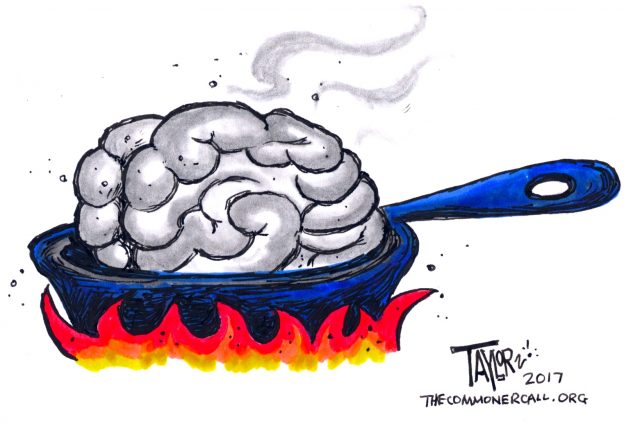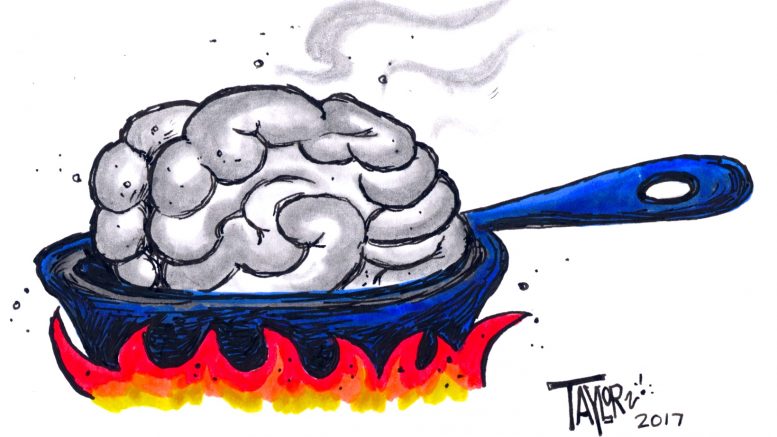
By Shankar Vedantam
NPR (3/14/17)
As the country has become increasingly polarized, we increasingly seem to disagree not just on policy but on the facts themselves. So how do you get people who believe false things to change those beliefs? The usual tactic is to offer information or evidence. But new social science research explains why this approach is often counterproductive. To explain all this, we’re joined by NPR’s social science correspondent Shankar Vedantam.
Shankar, good morning.
SHANKAR VEDANTAM, BYLINE: Hi, Rachel.
MARTIN: How can more information be counterproductive?
VEDANTAM: There have actually been a number of experiments over the years, Rachel, that suggest that information often doesn’t drive misinformation out of circulation. In fact, it can sometimes amplify the effects of misinformation and fake news. There was a recent study that provided information about climate change to both believers and skeptics. Volunteers were told that there was a new consensus among scientists that either contradicted or supported their pre-existing beliefs.
Tali Sharot, a cognitive neuroscientist at University College London, and her colleagues Cass Sunstein, Sebastian Bobadilla-Suarez and Stephanie Lazzaro – they found something interesting. When people heard information that confirmed their pre-existing views, those opinions were strengthened. But when people received information that contradicted what they believed, they simply dismissed the information. Sharot says this explains why more information often doesn’t produce the effects we expect.
TALI SHAROT: As we get more and more information, we will change our beliefs more and more but mostly in response to information that already fits our views. So you can see how in a world where there’s lots of information around, people would change their beliefs, but it will cause polarization rather than unify people.
MARTIN: So we’re filtering information as it comes in and deciding whether or not it backs up our preconceptions or not?
VEDANTAM: That’s exactly right. …
Read the Rest and 3+-Minute Audio
(Commoner Call cartoon by Mark L. Taylor, 2017. Open source and free to use with link to www.thecommonercall.org )

